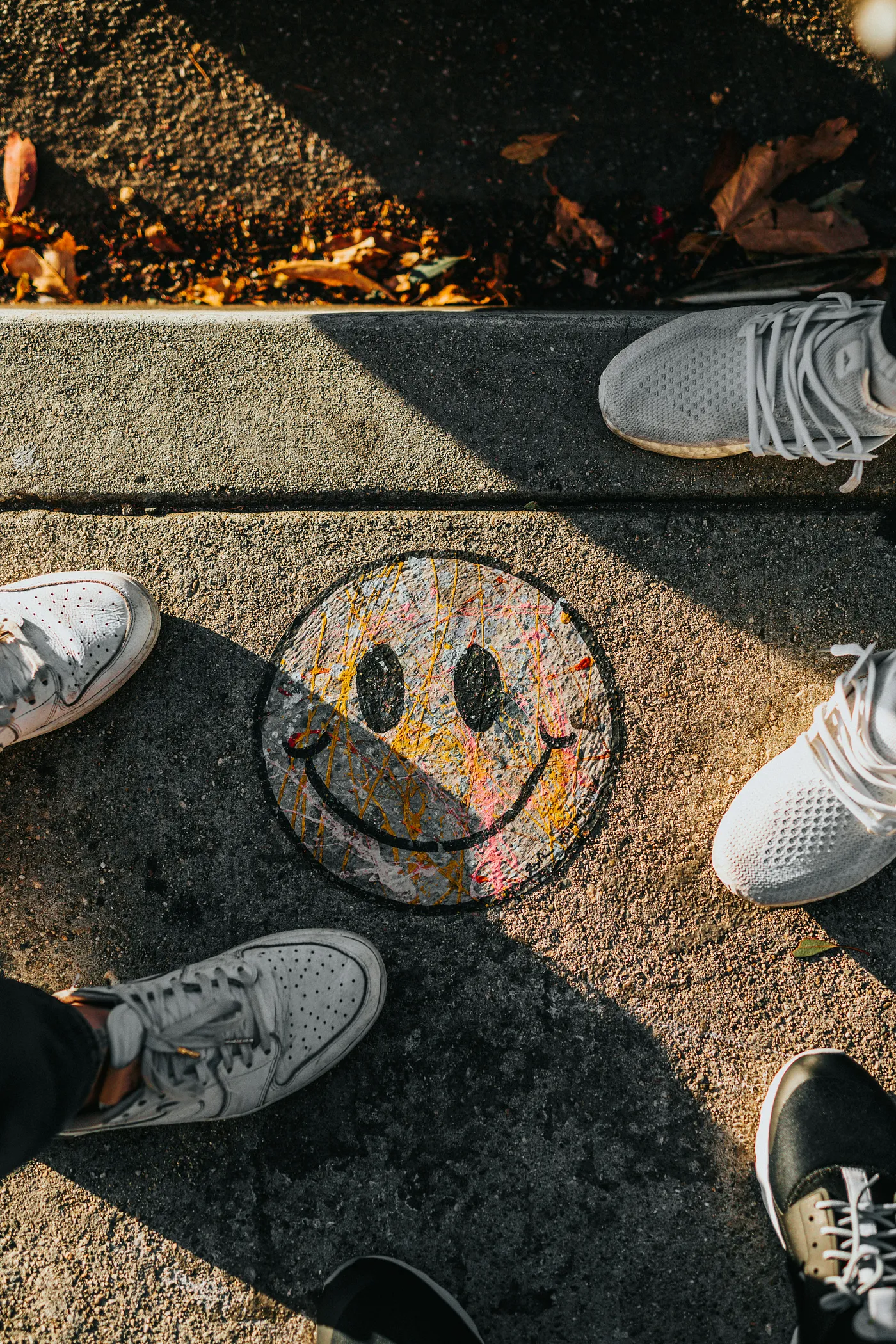Run Happy: How Smiling Can Improve Your Running
We’ve all heard the phrase “grin and bear it,” often used to encourage pushing through difficult situations. But what if, when it comes to running, a smile could actually make things easier?

A fascinating study from Ulster University suggests that smiling might actually improve running economy, meaning runners use less oxygen and, theoretically, perform better. This adds a whole new layer to the idea of “running happy.”
A study in 2018, involving 24 trained runners explored how facial expressions and relaxation cues impact running performance. The runners were asked to try different techniques while running: smiling, frowning, consciously relaxing their hands and upper body, and just focusing normally. The results were fascinating.
Smiling Makes You a More Efficient Runner
The study found that when runners smiled, they used less oxygen, which means they had a better running economy. Essentially, smiling helped the runners move more efficiently, possibly because it triggered physiological changes like relaxation and reduced muscle tension. In numbers, this translated to a 2.78% reduction in oxygen consumption compared to frowning and a 2.23% reduction compared to a neutral focus.
Frowning Makes the Run Feel Harder
On the other hand, runners who frowned felt like they were working harder. Their perceived effort was higher, and their bodies entered a more tense and alert state. While this might be useful for short bursts of energy, it’s not ideal for longer, endurance-based activities like running.
Relaxation Cues Aren’t as Effective
Interestingly, the study found that consciously trying to relax — for example, focusing on relaxing the hands and upper body — didn’t have the same impact as smiling. Although previous research has shown relaxation techniques to be effective, the authors suggest that longer-term training may be necessary for individuals to experience the benefits. In this brief intervention, runners may not have had enough time to learn and apply relaxation skills effectively.
Why Does Smiling Work?
So why does a simple smile make such a difference? The researchers suggest that smiling could help induce a more relaxed emotional state. When you smile, you might be sending a message to your mind that you’re ok, which reduces stress and tension. This mental shift allows you to use energy more efficiently, making the run feel less demanding.
How to Incorporate Smiling into Your Runs
You don’t have to plaster a grin on your face for the entire run. The key is to introduce a gentle smile during those tough moments when you feel like you’re hitting a wall. It’s about sending a subtle signal to your body that says, “You’re doing ok.” It might feel a bit forced at first, but over time, you might find that it makes your run feel smoother and more enjoyable.
Give It a Try!
The next time you’re out for a run and things start to get tough, try adding a smile. It’s a simple, quick strategy that might just make the difference in how efficiently you run and how you perceive the effort. Who knew something so small could have such a big impact?
If you’re a runner and interested in knowing more ways psychology can help you, please reach out — hannah@becuriouspsychology.com
Reference
Brick, N. E., McElhinney, M. J., & Metcalfe, R. S. (2018). The effects of facial expression and relaxation cues on movement economy, physiological, and perceptual responses during running. Psychology of Sport and Exercise, 34.
